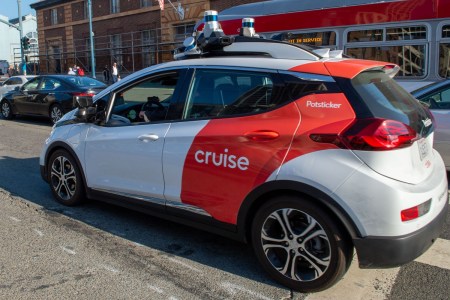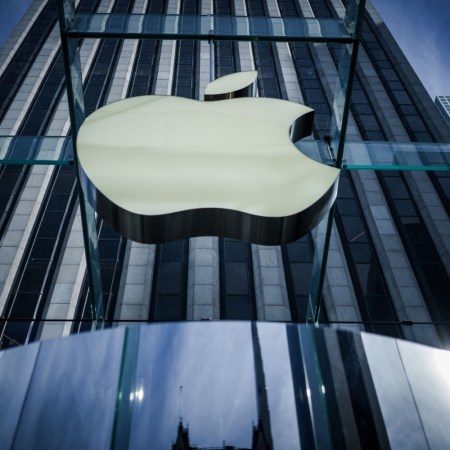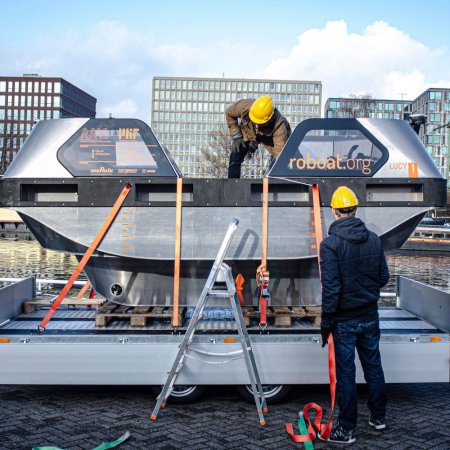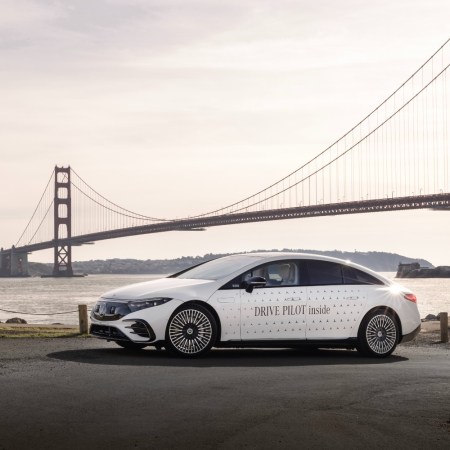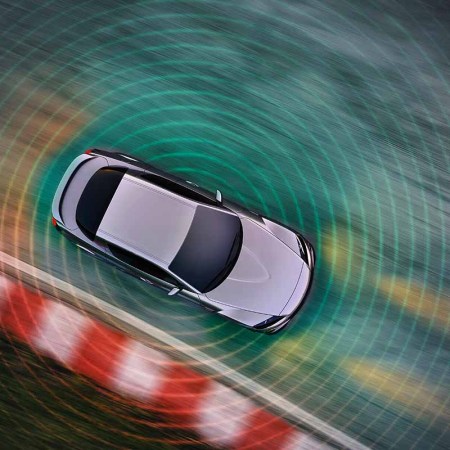To hear automakers discussing their plans for the future has, more often than not, involved declarations about the game-changing effects of self-driving technology. It isn’t hard to see the appeal here — the idea of software piloting a car that can’t get distracted, lose its temper or become lost is appealing. The creation of self-driving systems has also led to plenty of questions, both ethical and practical — along with this tech being put in the regulatory spotlight.
The National Transportation Safety Board has been investigating numerous crashes that may or may not involve self-driving systems across the country. And while headlines about Teslas have abounded, they’re far from the only vehicles in the spotlight here — and the latest NTSB investigation is further evidence of this. A recent Associated Press article (via Autoblog) chronicles the agency’s investigation of a fatal accident that might have involved Ford’s self-driving technology, BlueCruise.
The incident at the heart of the investigation involved a Ford Mustang Mach-E and a Honda CR-V colliding on the highway, which killed the driver of the Honda vehicle. While the Mach-E had BlueCruise available for use, it’s not yet clear if it was in operation at the time of the crash. That’s something investigators will need to determine.
It’s Been a Dumpster Fire Week for Self-Driving Cars
Challenging times ahead for both Waymo and CruiseIn a 2023 article for The Verge, Andrew J. Hawkins wrote that BlueCruise automated some aspects of driving, including “major functions like acceleration and braking as well as lane centering and automatic lane changing.” The system is designed to monitor drivers to make sure that they have their eyes on the road throughout the process. Again, it isn’t clear at this time if the Mach-E was using BlueCruise at the time of the fatal crash — but it’s an investigation that both enthusiasts and skeptics of self-driving features will want to keep an eye on.
This article was featured in the InsideHook newsletter. Sign up now.

